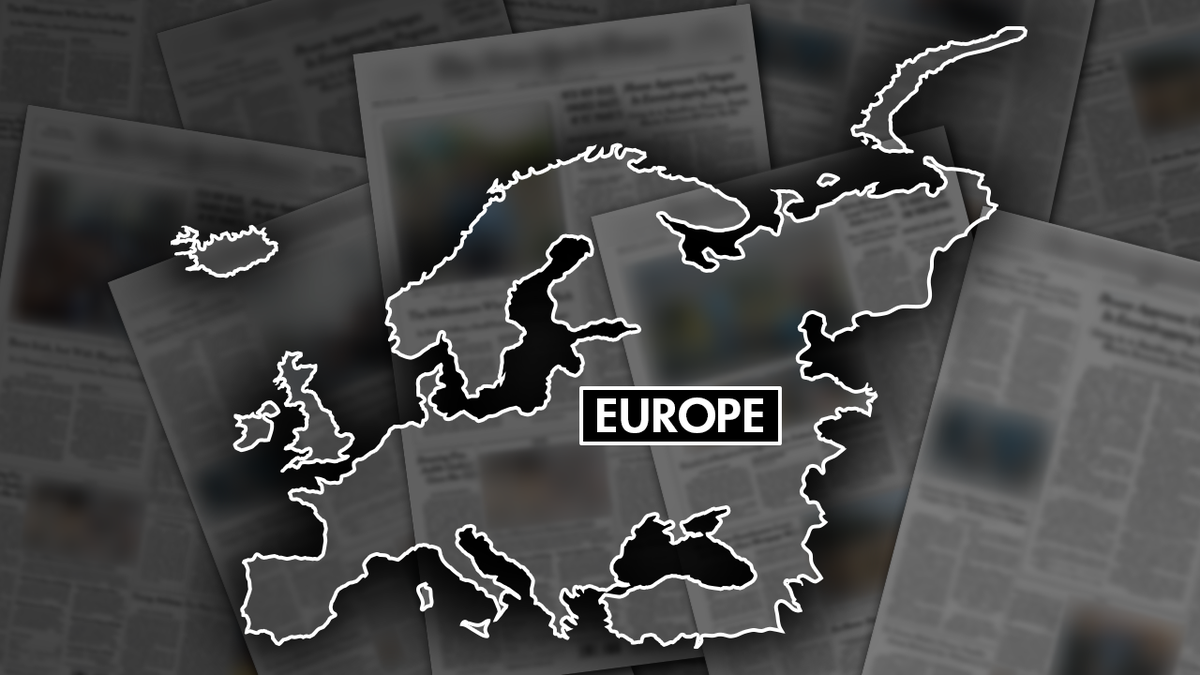In a move to de-escalate tensions with Serbia, Kosovo's government has announced a reduction of special police officers stationed around municipal buildings in Serb-majority areas. Prime Minister Albin Kurti confirmed a 25% reduction in police presence, with further withdrawals contingent on ongoing assessments of the situation. This decision follows recent discussions between Kurti's deputy and EU envoy Miroslav Lajčák.
The reduction aims to foster a more conducive environment for upcoming mayoral elections in the four municipalities. Kurti stressed the importance of creating a setting that allows for fair campaigning, diverse political representation, community engagement, and secure voting procedures. These elections follow an earlier round boycotted by ethnic Serbs, leading to the installation of ethnic Albanian mayors and subsequent protests and clashes.
The EU and the US have expressed concerns about the potential for regional instability amidst the ongoing conflict in Ukraine. They have urged both Kosovo and Serbia to prioritize de-escalation and normalization of relations, which is crucial for their potential integration into the EU. The recent tensions stem from the April mayoral elections, where low voter turnout among ethnic Albanians resulted in the election of ethnic Albanian mayors, sparking protests from the ethnic Serb population.
Kurti has expressed willingness to engage in discussions with Serbian President Aleksandar Vučić to implement de-escalation measures and revive a previously agreed-upon normalization agreement. This agreement, reached four months prior, quickly faltered as both leaders seemingly backtracked on their commitments.
In a separate development, Kosovo's Supreme Court acquitted a former ethnic Serb minister, Ivan Todosijevic, of inciting ethnic hatred. His 2019 comments denying the Recak massacre, where 45 Kosovar Albanians were killed, and labeling Albanian independence fighters as "terrorists" had led to his dismissal from the cabinet. The court determined that his words did not incite ethnic hatred, overturning previous convictions.
The Recak massacre was a pivotal event in the 1998-99 Kosovo conflict, prompting NATO intervention. This conflict, rooted in ethnic Albanian separatist rebellion against Serbian rule and Belgrade's harsh response, resulted in over 10,000 deaths, primarily Kosovar Albanians. While NATO's intervention forced Serbia to cede control, Belgrade continues to assert its claim over Kosovo, a declaration of independence recognized by the US and most EU nations but contested by Serbia, with support from Russia and China.

Kosovo’s government has decided to reduce by one-fourth the number of special police officers and also hold new mayoral elections in four Serb-majority municipalities.
Comments(0)
Top Comments